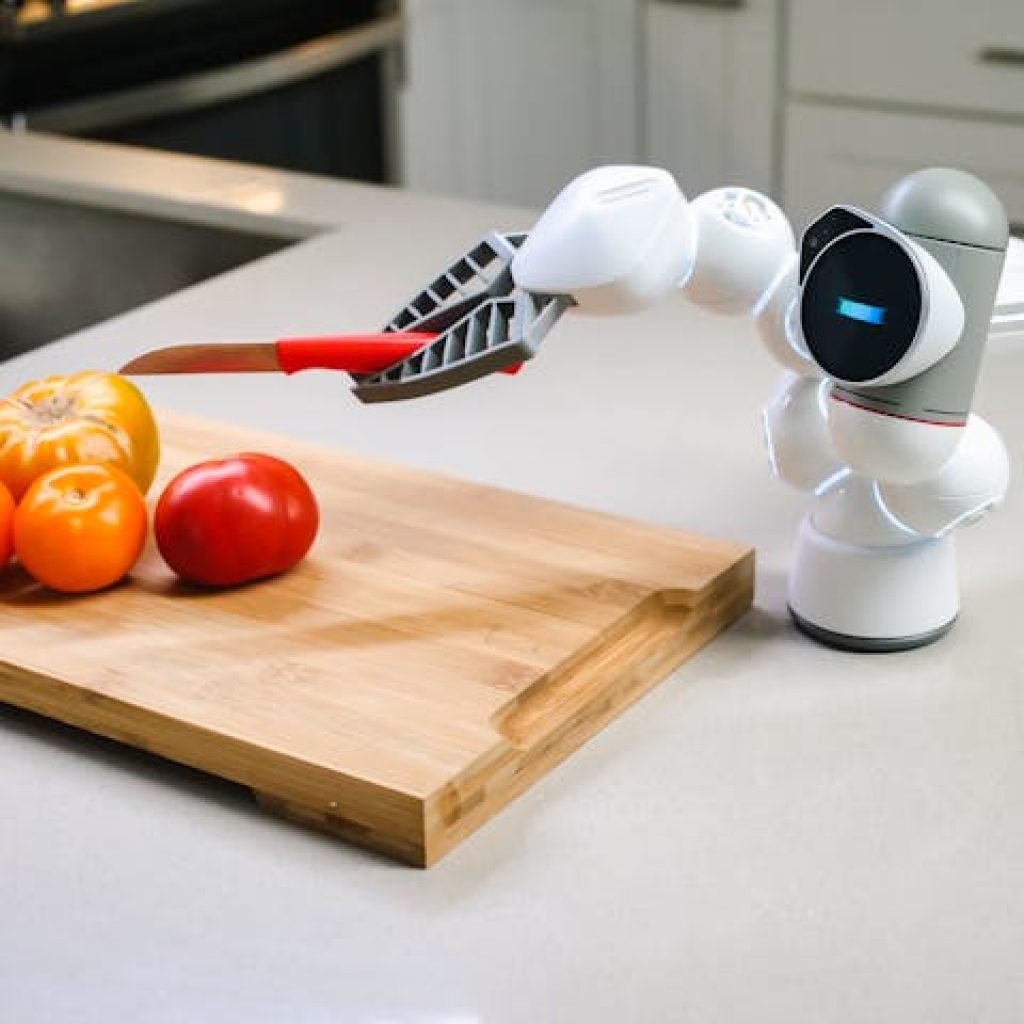Productivity used to mean squeezing more tasks into the same number of hours. Now it means eliminating tasks entirely. The most productive people in 2026 aren’t the ones waking up earlier, filling planners, or forcing discipline — they’re the ones who build systems that do the work for them.
The shift is subtle but massive: productivity is no longer about time management. It’s about system management.
A schedule depends on you showing up every day. A system works even when you don’t.
Why Schedules Fail (Even for “Disciplined” People)
Schedules depend on willpower. Systems depend on structure.
Schedules require:
- Energy
- Consistency
- Memory
- Motivation
- Focus
Systems require:
- One-time setup
- Repeatable triggers
- Automation or delegation
- Zero decision-making
That’s why even successful people drop habits — because habits require daily emotional energy, and life doesn’t provide stable emotional energy.
A system removes the need for emotional stamina.
What a System Looks Like (Examples)
✔ Instead of “remember to send client reports weekly” → a dashboard auto-sends reports every Friday
✔ Instead of “write content every morning” → a content pipeline auto-generates drafts for editing
✔ Instead of “post on LinkedIn daily” → a scheduler pushes 30 queued posts automatically
✔ Instead of “track expenses” → a card auto-categorizes entries in Notion or Sheets
✔ Instead of “reply to leads fast” → WhatsApp or email auto-replies and routes them to CRM
In every example, the person is removed from the task loop. They only step in when needed.
The Formula High-Output Workers Use
People who scale their output follow a simple rule:
“If a task repeats, the system replaces.”
Once a task has occurred 3+ times, they:
- Automate it (AI, Zapier, browser extensions, CRM triggers)
- Template it (so it takes 10 seconds instead of 10 minutes)
- Delegate it (if human judgment is required)
Schedules fight repetition. Systems benefit from repetition.
Why This Matters More in 2026 Than Ever Before
Because the amount of work isn’t rising — the speed of work is.
People aren’t being replaced because they’re bad at their jobs. They’re being replaced because they still work like it’s 2014.
The shift looks like this:
| Old Work | Modern Work |
|---|---|
| “I’ll get to it when I have time.” | “The system handles it when triggered.” |
| To-do lists | Automated queues |
| Manual reporting | Auto-generated dashboards |
| Reminder-based workflow | Event-based workflow |
People who still rely on schedules are being crushed by those who rely on systems that scale their time.
Systems Don’t Make You More Disciplined — They Make Discipline Irrelevant
Discipline is a terrible solution to repeated tasks. Structure is a permanent one.
The problem isn’t that people are lazy. The problem is they’re trying to manage complexity with motivation instead of mechanisms.
Successful people don’t manage themselves harder — they design **environments that remove the need for self-management.**
Where to Learn System Thinking
The biggest breakthrough professionals are having right now is realizing that **tool literacy = freedom from task-based work.**
Once you start building systems instead of routines, you stop saying:
- “I need more time.”
- “I need more energy.”
- “I need to be more organized.”
And start saying:
- “This process now runs without me.”
- “I only handle decisions, not tasks.”
- “My income is no longer tied to my hours.”
If you want to see how system thinking is affecting economics, hiring, creator work, and global workforce shifts, you’ll find breakdowns on global business and cultural intelligence platform.
Final Thought
Your future output is not determined by how much effort you apply. It’s determined by how many things continue working when you stop.
Schedules control days. Systems control outcomes.
Build systems. Not routines. Not goals. Not motivation cycles. Systems scale. Everything else resets daily.



